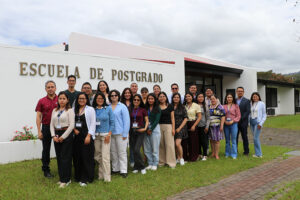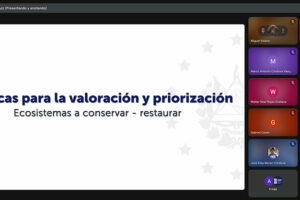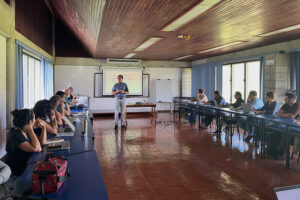Over 100 Entrepreneurs in the Musaceae Sector Receive Training from ACTIVA-CATIE to Access Seed Capital
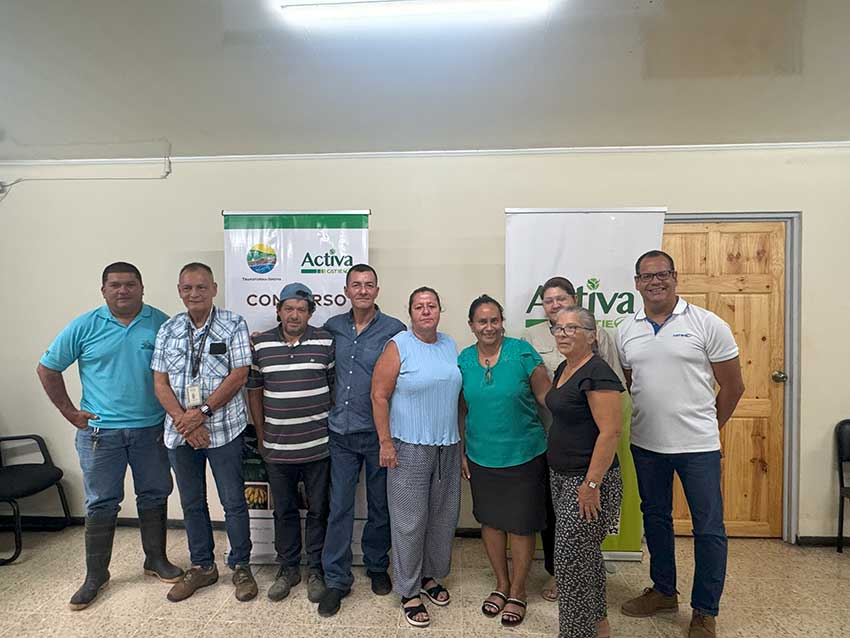
- Individuals involved in the production of plantain, banana, abacá, and other musaceae from various parts of the country took part in pre-incubation workshops organized as part of the call promoted by the TRANSFORMA-INNOVA program, with support from the Development Banking System (SBD)
As part of efforts to strengthen the musaceae sector in Costa Rica, the Innovation and Entrepreneurship Laboratory: ACTIVA-CATIE (Tropical Agricultural Research and Higher Education Center) organized a series of workshops aimed at entrepreneurs interested in accessing seed capital.
This initiative, framed within the TRANSFORMA-INNOVA program, aimed to provide technical and practical tools for developing business proposals related to the cultivation and processing of products such as plantain, abacá, and banana.
In total, three in-person workshops and one virtual session were offered, enabling active participation from individuals in diverse regions such as Upala, Palmar Norte, Palmar Sur, Sarapiquí, and several cantons in the Limón province. Among these, the canton of Talamanca saw significant participation from Indigenous community members in the region.
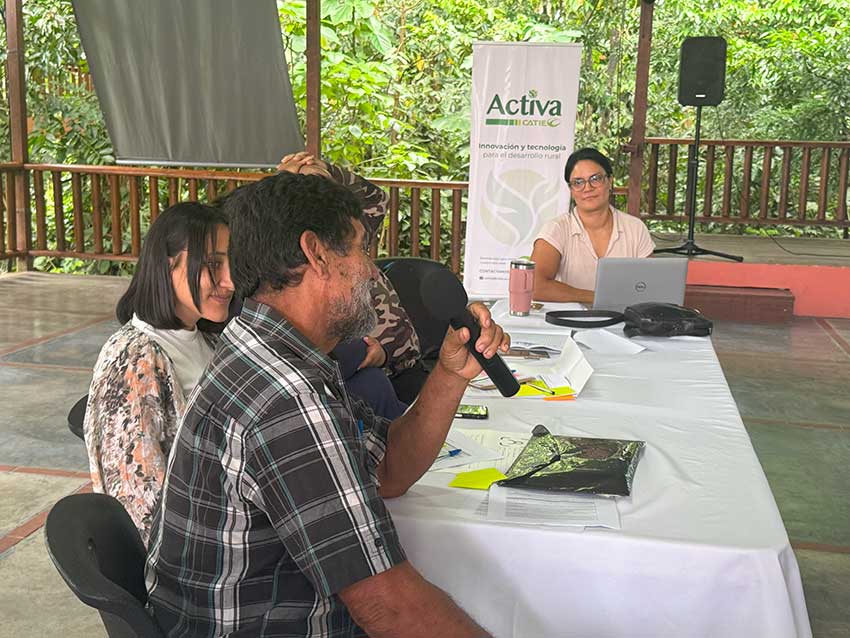
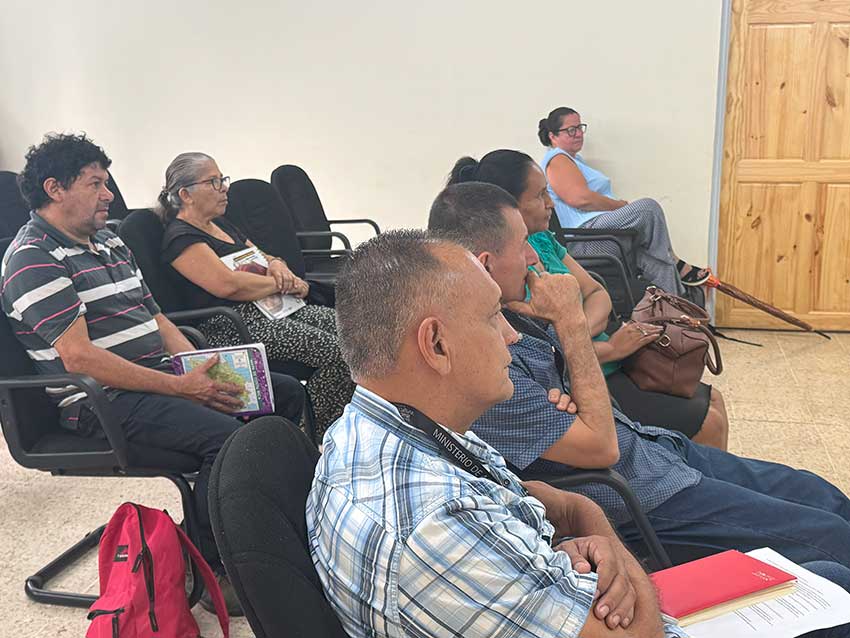
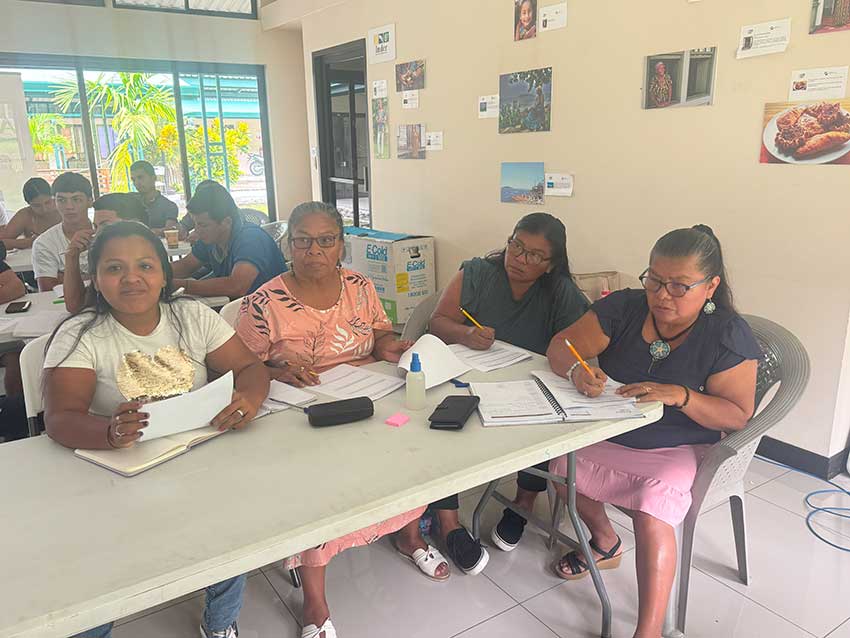
Pre-incubation Workshops to Strengthen Business Ideas
ACTIVA-CATIE led the pre-incubation workshops with support from CATIE’s technical staff specializing in musaceae. These training activities offered step-by-step guidance in the development of business proposals, including key elements such as customer identification, market analysis, and the value proposition of products or services.
The virtual workshop took place over three sessions on April 9, 10, and 23, led by Juan José Serrano, ACTIVA-CATIE mentor. A total of 51 participants shared ideas, addressed questions, and learned how to complete the application form.
“These sessions brought together very motivated individuals who not only asked questions but also shared their experiences,” said Serrano.
As for the in-person workshops, the first was held on April 22–23 in Puerto Viejo de Sarapiquí, with the participation of 20 producers. The second took place on April 24 in Siquirres with 7 participants, and the third was held on April 29–30 in Bribri, Talamanca, with 29 individuals working in the musaceae sector.
In total, 42 hours of in-person and virtual training were conducted, during which 107 individuals received direct support to structure their business proposals.
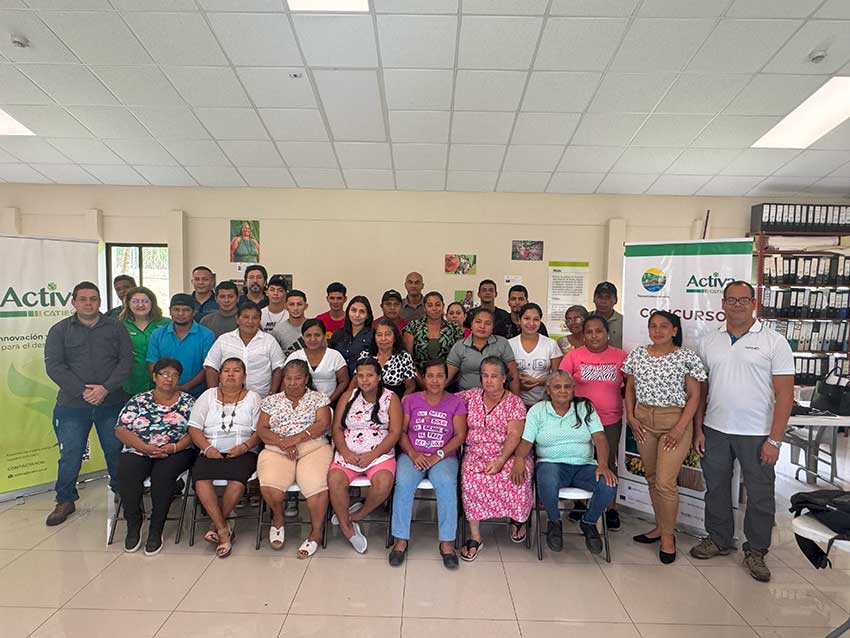
Commitment to Local Entrepreneurship
Vladimir Valera, Director of ACTIVA-CATIE, emphasized the importance of these workshops as a key requirement for applying for seed capital.
“We strive to provide comprehensive preparation to those wishing to launch their ventures. For instance, although attendance at the Siquirres workshop was low, we knew some individuals faced technological barriers, so we opted to hold the in-person session at the Ministry of Agriculture and Livestock (MAG) facilities,” explained Valera.
A Woman Entrepreneur's Voice
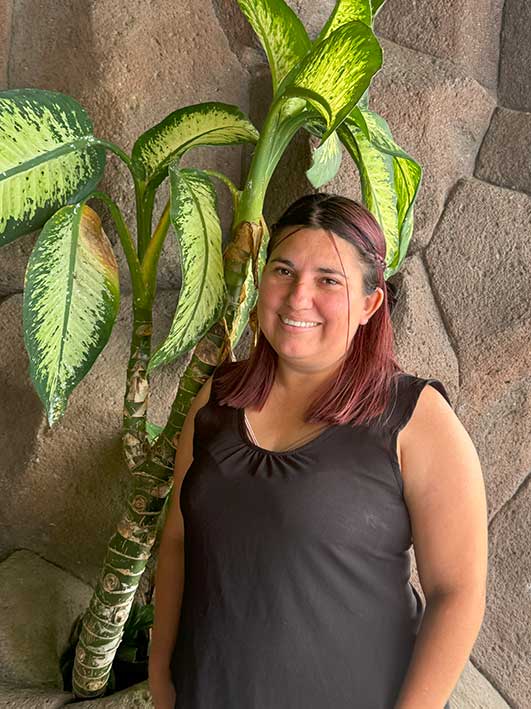
One of the participants, Yendry Bogantes, an agronomist and founder of HogarNika, attended the workshop in Sarapiquí. Her project focuses on producing low-cost bio-inputs in Venecia de San Carlos.
Years ago, when she only had an idea, this entrepreneur received support from ACTIVA-CATIE and the SBD.
“I’ve always said I’m a daughter of ACTIVA. Thanks to a previous call, I was able to build the biofactory, and many more opportunities began to open,” said Bogantes.
“This new opportunity will allow me to move forward with registering my inputs and products so I can continue growing,” she concluded.
Call for Proposals Results
The call for proposals remained open for just over a month and closed on May 11, receiving 60 submissions that will be evaluated according to previously established criteria. Of these, 57% were submitted by women and 43% by men.
“We’re pleased to see that the sector of small musaceae producers in Costa Rica is interested in developing sustainable and innovative business proposals. However, through our program, we also stress the importance of ensuring that these individuals have access to financing services that help boost their businesses in alignment with the strengthening of the Musaceae NAMA,” stated Alberto Vega, Director of the TRANSFORMA-INNOVA Program for GIZ.
About the Call
This call is part of the TRANSFORMA-INNOVA program, co-financed by the European Union, the German Federal Ministry for Economic Affairs and Climate Action (BMWK), and the Federal Ministry for the Environment, Nature Conservation, and Consumer Protection (BMUV), through the International Climate Initiative (IKI).
The program is implemented by the German Cooperation Agency (GIZ) in collaboration with CATIE, Conservation International (CI), the Costa Rica–United States Foundation for Cooperation (CRUSA), the Environmental Bank Foundation (FUNBAM), and the United Nations Development Programme (UNDP).
The call is supported by the SBD and implemented by ACTIVA-CATIE of the Productive Landscapes Forests and Biodiversity Unit (UBBPP) of CATIE.
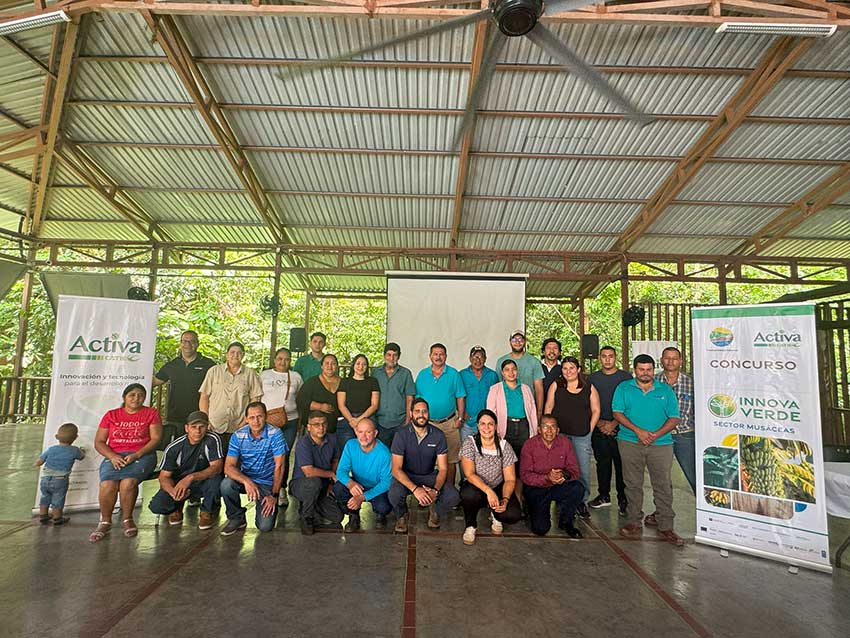
More information:
Vladimir Valera
Director
ACTIVA-CATIE
Forests and Biodiversity in Productive Landscapes Unit (UBBPP)
CATIE
Vladimir.valera@catie.ac.cr
Written by:
Marianela Argüello L.
Education and Communication Specialist
ACTIVA-CATIE
Forests and Biodiversity in Productive Landscapes Unit (UBBPP)
CATIE
marguello@catie.ac.cr

